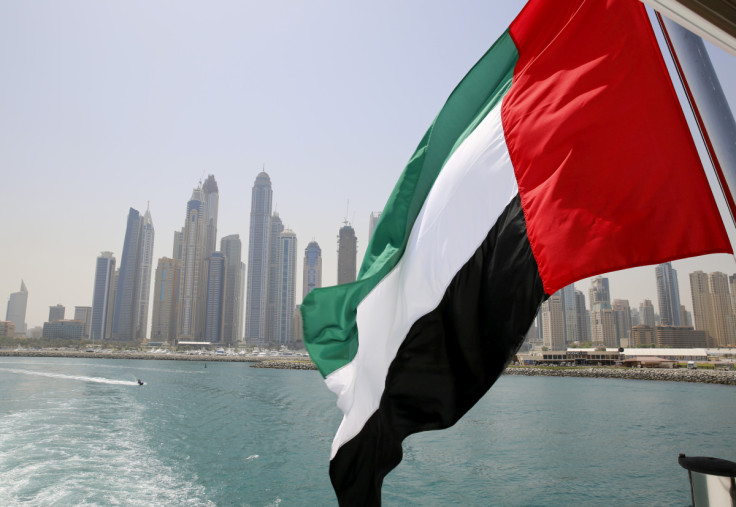UAE Rolls Out 9% Corporate Tax To Boost Non-Oil Revenue
KEY POINTS
- The new corporate tax follows the 5% VAT that was first introduced in 2018
- The new business tax could add 1.5% to 1.8% of the country's GDP from 2025 to the annual revenues of the seven emirates
- Qualifying entities in the free zones are exempted from the corporate tax
The UAE started rolling out its 9 percent corporate tax on Thursday as it seeks to boost its non-oil revenue and uphold its status as the leading commercial hub in the region. The new business tax follows the 5 percent value-added tax (VAT) that was first introduced in 2018.
The new business tax could add 1.5 percent to 1.8 percent of the country's GDP from 2025 to the annual revenues of Abu Dhabi, Dubai, Sharjah, Ajman, Umm Al-Quwain, Fujairah, and Ras Al Khaimah based on the VAT model, according to credit ratings agency Standard & Poor's (S&P).
"The tax will help diversify the UAE government's revenue away from the oil sector. However, the full impact is unclear because it has not yet been announced exactly how the tax will be distributed amongst the individual emirates," said S&P representative Trevor Cullinan.
The tax implementation is in line with global efforts to fight tax avoidance and address challenges caused by the digitalization of the global economy. It also further breaks the UAE's former tax-free status, which enabled it to become a global trade and tourism hub and magnet for the ultra-rich.
The government has yet to publish all its tax regulations but the Ministry of Finance confirmed on Thursday that eligible entities in the country's more than 30 free zones, which are responsible for exporting tens of billions of dollars of goods to other countries, would be exempted from the business tax, Zawya reported.
In a statement, the Ministry of Finance said qualifying entities in the free zones would be subject to a 0% rate, even though they are doing business with the mainland on certain activities, including manufacturing, goods processing, and logistics.
Asked whether the tax exemptions among those in the free zones would inspire businesses to move to these tax-free areas, Ministry of Finance's Executive Director for Tax Policy Shabana Begum said, "The regime has been designed to ensure strategic sectors will thrive in the free zones. Some level of migration may happen but the overall objective is ensuring the UAE remains attractive."
The UAE first introduced a 5 percent VAT in 2018 after GCC states agreed in 2017 to impose the tax. Since then, tax reform has gradually appeared across the region.

© Copyright 2023 IBTimes AE. All rights reserved.






















